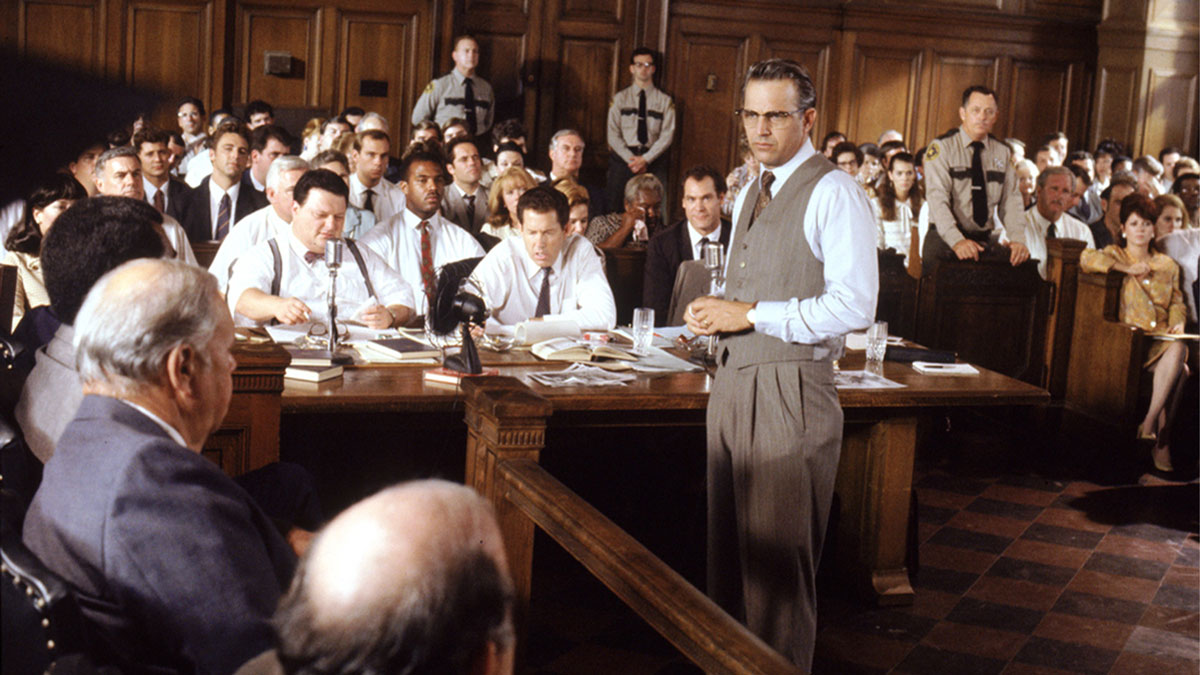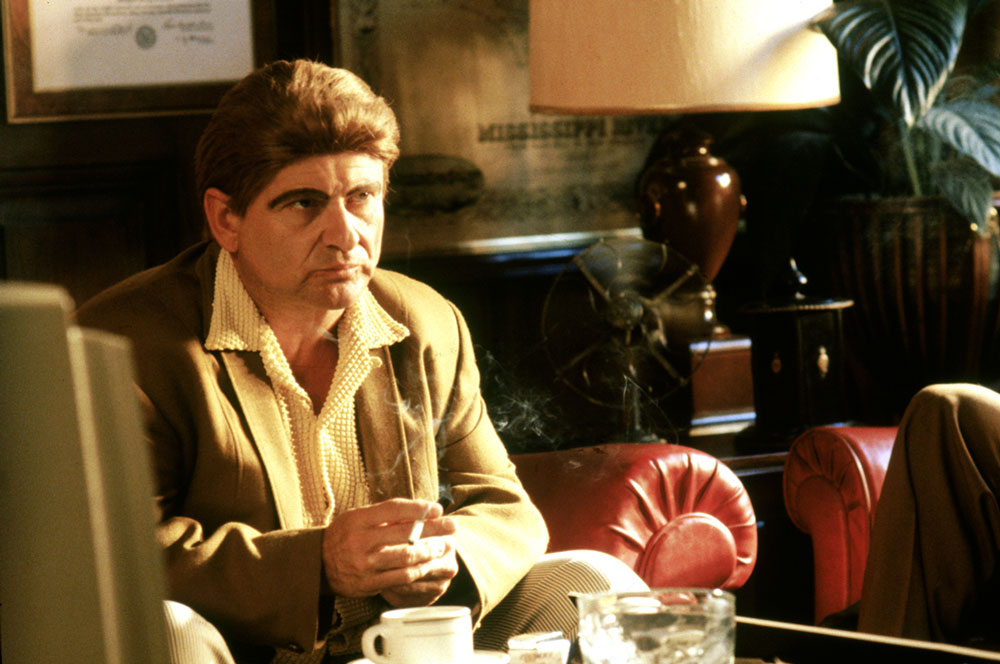
(C)2016 Twentieth Century Fox Home Entertainment LLC. All Rights Reserved.
``JFK'' orchestrated bashing, Oliver Stone's challenge to the Kennedy assassination, Part 2
2021.01.02
Was O. Stone involved in sabotaging the Kennedy assassination film?
Six days after Oliver Stone's rebuttal was published in The Washington Post, Time covered the controversy in its June 10, 1991 issue. After presenting both sides, the article revealed that Stone was sabotaging another film about the Kennedy assassination, saying, "But Stone appears to have little tolerance for others who wish to do the same."
It was a scandal surrounding the film adaptation project of the best-selling novel "Libra" (translated by Mano Akihiro/Bungeishunju), written by Don DeLillo and featuring Lee Harvey Oswald as the main character.
Plans to turn the book into a movie were underway before JFK, and the script was even sold in Hollywood. Stone claims that he had "nothing to do with it, and never read it until much later" (Oliver Stone), and wrote to Time on July 1st, "As far as I know, no one in the movie business -- not even the presidents of competing studios -- has the power to block the film." He maintained his innocence, but it was true that the film adaptation of Libra had been forced to be canceled in a strange way.
While the script for JFK was still being written, Libra was well underway in the fall of 1990. Jonathan Demme was originally set to direct, but was soon replaced by the then 29-year-old young director Phil Joanneau.

Stone needed to meet him at this time. Joannou was a candidate to direct a film he was planning to produce (a project to portray the Panamanian dictator Manuel Noriega). When he came to Stone's office, they immediately started talking about "Libra" and "JFK." According to Stone, when he asked, "Do you really think Lee Harvey Oswald was the sole perpetrator?" Joannou replied, "I think so," but said he wasn't very keen on the script. After that, Joannou sent Stone the script for "Libra." It seems that he wanted to hear the opinion of Stone, who is also a good screenwriter and has read the materials on the Kennedy assassination.
Shortly after the two met, Joannou stepped down as director of Libra, saying, "I read the first script and thought it was interesting, but when I read the rewrite, I felt it wasn't the film for me." When rumors circulated that Stone had pressured him to take the role, he dismissed them as exaggerated.
However, there are also accounts of Stone's interference, not directly, but indirectly. According to the production company of "Libra," actors who had been offered roles in the film were open to signing contracts until a certain point, but then started to turn down the offer. Sources claim that the reason for this was that Stone's agency had warned the actors that appearing in the film would damage their careers, and so the actors became frightened.
Similar troubles arose with another movie about the Kennedy assassination, " Jack Ruby " (1992), about the man who killed Oswald, when Stone's side allegedly interfered with filming in Dallas and with offers to the "JFK" cast.
"Jack Ruby" trailer
Stone claims that this is completely the opposite of the truth. He counters that "Jack Ruby," which was trying to snatch a shot at the same time and in the same locations, "had us all over Dallas" (The JFK Assassination Trial), and is unconcerned, saying, "They took pictures on our set and said we killed the movie. That's nuts" (Oliver Stone).
The claims are starkly contradictory, but did Stone actually sabotage competing projects in the making of JFK?
Looking back at the history of Hollywood, whenever two film companies have similar projects, they have only two options: compete or cancel. In fact, there are countless projects that have been buried for this reason. Stone also said, "I've had a lot of projects that I didn't get to do because other people got there first" (Oliver Stone). However, perhaps that is exactly why he wanted to avoid similar projects being released at the same time. Esquire (November 1991 issue) quotes a screenwriter friend of his as saying, "As long as he says, 'I'm not happy about competing projects being made,' he doesn't have to say anything else."
However, Jack Ruby was released three months after JFK, and Libra was likely shelved not so much because of any suspicions about Stone, but because negotiations to extract production funding in exchange for the rights to premiere the film on cable television network HBO fell through.
Regarding this matter, HBO vice president Robert Cooper acknowledged the fact that they had been considering producing "Libra," saying, "When we heard that Warner Bros. was planning to release "JFK" in December, we realized it would be foolish to compete with them." This is the Hollywood logic of canceling a project rather than competing with it.
However, this cannot be taken at face value, given that HBO is owned by WarnerMedia, headed by Warner Bros. After all, "JFK" is produced by Warner Bros.
In the end, the reality of what is considered a conspiracy is often the result of multiple overlapping intentions and considerations. The person who was most pleased about the cancellation of the production of "JFK" was undoubtedly Oliver Stone, who even decided to ignore the masterpiece " A Hot Day in Dallas " (1973), which could be said to be the origin of "JFK." However, the fact that "Jack Ruby" was released without any problems proves that he has no power to cancel other people's movies.

